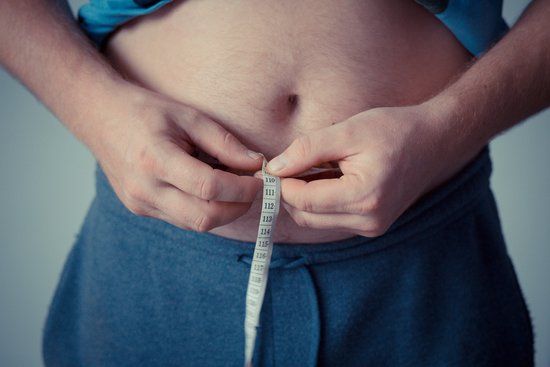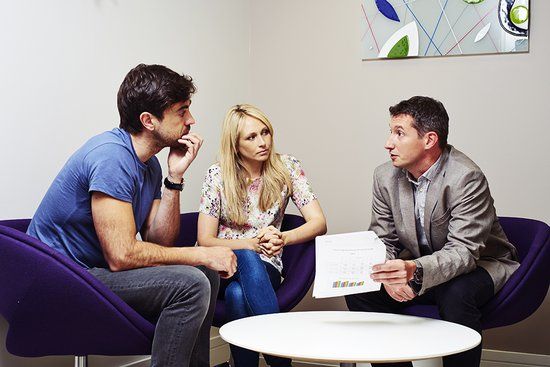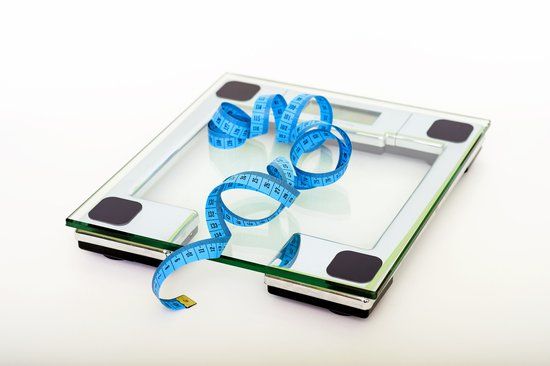
What’s the age limit for IVF? Is there a maximum BMI for IVF treatment? And would my lifestyle affect IVF outcome? If you’re considering private IVF, Intracytoplasmic Sperm Injection (ICSI) or Intrauterine Insemination (IUI) in the North West, you’ll have lots of questions not just about treatment but factors that can affect its success for you.
Some of the most common questions we’re asked by potential patients relate to health before you start treatment. Our team answers these common FAQs, all about age, lifestyle, BMI and fertility treatment:
Is there an age limit for IVF?
At Manchester Fertility for all treatments we can help you have a baby up to the age of 50. In IVF or ICSI, you can use either your own eggs or donor eggs. If you’re over the age of 44, we would typically recommend treatment with donor eggs to help you conceive, as success rates for IVF with own eggs are generally so low for women in this age group.
But we’ll determine the best approach for you based on your individual fertility assessment, which happens as part of our bespoke treatment planning process. Your initial fertility tests will tell us your ovarian reserve – the numbers of eggs you have remaining – and whether trying to conceive using your own eggs is still possible.
Through our individual and tailored approach, we’ve successfully helped many older women to have children.
What is the BMI limit for IVF?
We treat women with a BMI up to 35 but we would advise you about how your weight can negatively affect your outcome, as part of our ‘whole body’ approach. This means that we don’t just look at any diagnosed fertility issues, we examine other factors unique to you that could affect treatment outcome - such as your weight and the lifestyle you lead – before you start any treatment with us.
A high BMI causes issues in IVF, ICSI or IUI treatment just as much as it would do in natural conception, because of how it affects your fertility. Women with a high BMI have lower success rates from IVF, it can also affect how you respond to fertility medications and the quality of your eggs. Women with a high BMI also have a higher risk of pregnancy complications.
BMI isn’t just an issue for women undergoing fertility treatment however. It’s just as important for your partner too. If he’s significantly overweight, it can affect sperm. Studies have shown that obesity can affect sperm motility - how well sperm moves - with a higher risk of sperm DNA damage. A high BMI can also affect sperm count.
So it’s important to ensure that both of you are as healthy as you can be, before you start fertility treatment. If your BMI is high, even though we can treat you, we would always recommend losing weight before your IVF, ICSI or IUI cycle starts so there’s nothing that could compromise the chances of pregnancy for you.
Our fertility nutritionist provides private consultations for our patients who wish to reduce their BMI before fertility treatment, providing you with a personal tailored plan and practical advice to help you achieve your goals, so you can be fertility fit and ready for your treatment journey and pregnancy.
Will my lifestyle affect whether IVF will work for me?
We know that diet and BMI has an impact on IVF success rates, but other factors such as smoking and alcohol intake also play a role too, affecting fertility in both men and women.
Various studies have shown a link between alcohol intake and conception – it’s why women planning a pregnancy are advised by the Department of Health to not drink alcohol at all. In men, excessive alcohol intake can negatively affect sperm quality, quantity and testosterone levels.
If you smoke, studies have shown that it reduces the chances of conception. For men, it can decrease sperm count and motility and affect sperm shape and function.
We would advise that you – and your partner if he smokes too – should quit smoking least three months before you start treatment. This is to try to ensure that your bodies – and your eggs and sperm - are nicotine free. This includes e-cigarettes, as they still contain nicotine.
Is there anything I can do to improve my fertility before I start IVF, ICSI or IUI?
It makes sense to adopting a healthy lifestyle in the months before you start fertility treatment. This doesn’t just apply if your BMI is high, if you smoke or drink alcohol. Even if you consider yourself ‘healthy’, it’s always good to check what you’re eating.
Aim to eat a good balanced diet that will provide you with all the vitamins and minerals you need, such as wholegrain carbs; lean proteins and omega-3 rich fish; low-fat dairy and plenty of fruit and vegetables.
Start fertility treatment at Manchester Fertility
If you’d like our help to have a baby, you don’t need to live in our region. We treat people from across the North from Yorkshire and Lancashire to Staffordshire and beyond, and from across the UK.
Speak to our Patient Advisors to start your journey to pregnancy with us on 0161 300 2737. Or self-refer here, you don’t need a GP referral, and we’ll be in touch.
Last updated: 4th October 2019








